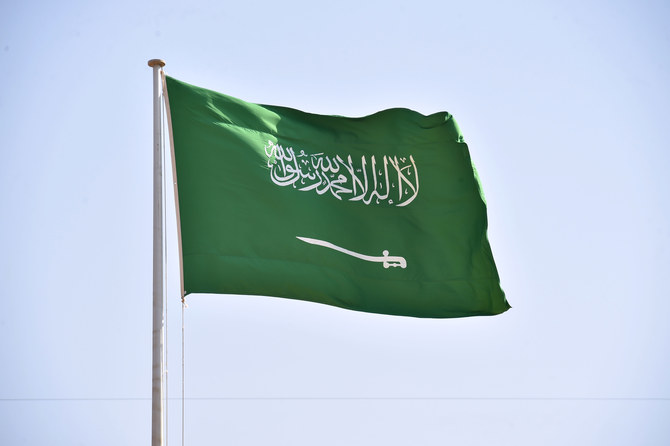RIYADH: The Kingdom’s embassy in Kiev called on all Saudi citizens in Ukraine who did not contact it during the previous evacuation period to contact it as soon as possible.
The call comes after Russia invaded Ukraine on Thursday, hitting cities and bases with airstrikes or shelling, as civilians piled into trains and cars to flee.
A foreign ministry statement said that the Kingdom is keen to protect the safety of its citizens everywhere and said Saudi citizens in Ukraine should call the following numbers: 00380739090123 and 00380445205170.














